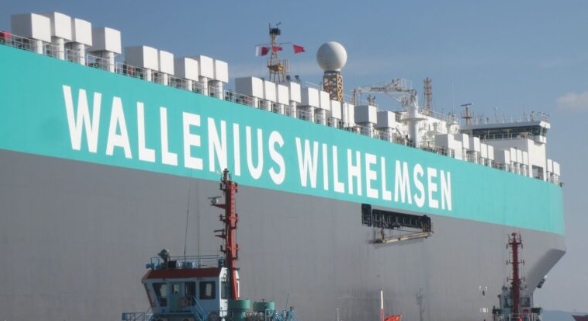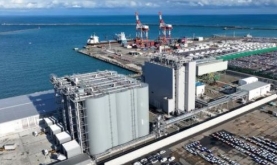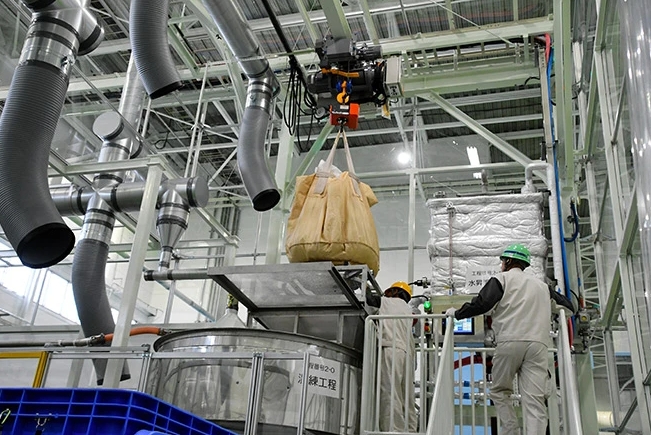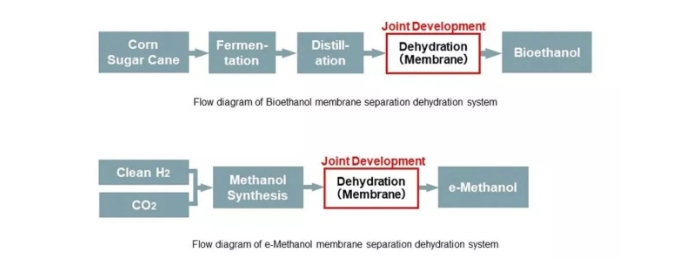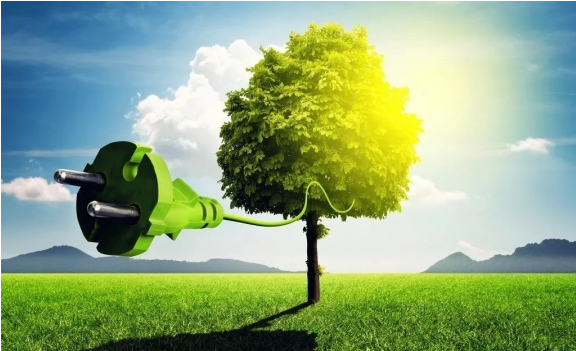From too few meters in the network or degradation of meter accuracy to unauthorized use from illegal connections, utilities are facing a myriad of challenges when it comes to reducing non-revenue water (NRW) loss levels.
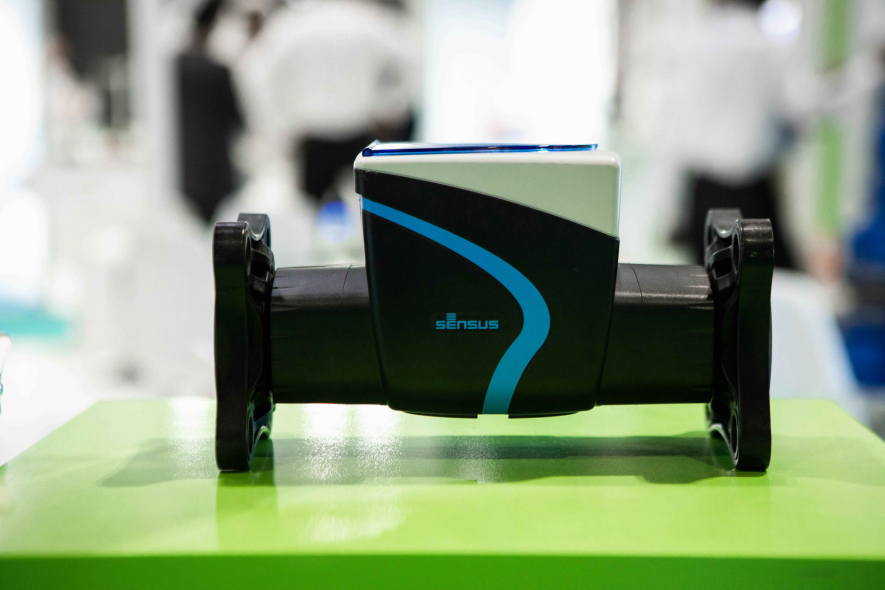
Amid growing pressure to do more with less, utilities are expected to invest $14 billion in smart water technologies through 2024 globally. In the face of revenue pressures, increasing operational costs, and manpower shortages, utilities and industrial consumers can no longer afford to ignore water loss. Hence, water managers are now using smart water solutions to reduce energy consumption, mitigate unnecessary water losses and optimize advanced asset management.
From too few meters in the network or degradation of meter accuracy to unauthorized use from illegal connections, utilities are facing a myriad of challenges when it comes to reducing non-revenue water (NRW) loss levels.
In a region undergoing rapid economic growth and with unprecedented water demand, the need for a stable and reliable water supply and management is even more and should be every GCC country’s priority.
Most utilities estimate that 10 to 30% of water pumped into distribution systems is lost before it even reaches customer meters. In Saudi Arabia alone, it is estimated that 35% of water is leaked in distribution networks, while 10% is lost in UAE’s water network annually.
This trend has led to an upsurge in the demand for water loss prevention solutions through smart metering. According to Metering and Smart Energy International, over the next five years, emerging markets including the Middle East will deploy nearly 250 million meters, representing an investment of almost $35bn.
Sensus, a Xylem brand and specialist in water metering solutions, is using its market-leading expertise in metrology to help utilities in the Middle East to deploy smart water metering solutions that will enable them to do more with their infrastructure to improve quality of life in their communities.
“We provide industry-leading water products combined with smart communications solutions that allow utilities to get high equity data in a timely manner. Utilities are then able to deploy that information, enabling them to derive operational efficiencies and improve their networks, whilst also providing precise, real-time information to their consumers that will help inform their usage,” says Francois Frigaux, regional sales director, Middle East and North Africa, Sensus.
“It is an exciting time in the Middle East – with Expo 2020, and many ambitious construction projects happening right across the region, the drive for smart solutions is high. We are seeing a lot of activity ranging from traditional meters to the best-in-class smart metering solutions. Our customers are very ambitious in their goals, to not only create smart utility initiatives, but to achieve water security for the future and we are with them in supporting these.”
“Digital technologies have the potential to transform the water sector and data is the most important asset at our disposal to achieve more effective consumption, distribution and preservation of water. We enable our customers to get closer to reaching their goals, through the application of technology and data-driven insights that deliver efficiency and responsiveness. We partner with them to anticipate and respond to evolving business needs with innovation in sensing and communications technologies, data analytics and services,” says Ian Sykes, regional director, Sensus Middle East.
As part of efforts by Sensus to empower utilities across the GCC, in line with regional government visions and transformation programmes, the company unveiled its new ultrasound static water meter, Cordonel, which has been designed to help achieve a smarter utility network. It was unveiled last month at Dubai’s 21st Water, Energy, Technology, and Environment Exhibition (WETEX).
An extremely versatile metering system, Cordonel helps users manage distribution networks more efficiently, thereby contributing to better water resource management, through accurate and reliable data.
“Cordonel is an intelligent response to two of the major challenges that network managers face including lack of hyper-accurate metrology to detect the smallest leaks, and the lack of a connected meter that communicates critical network data in real-time. By addressing these, it will not only help address leakage and save costs, but also enable managers to optimise daily maintenance to increase the uptime of the network,” says Frigaux.
Sensus has already achieved strong results through its static meter for residential applications, including iPERL, which is deployed extensively in the region.
As the Middle East pushes towards its smart cities agenda, driven by interconnectivity and the Internet of Things (IoT), Sensus is positioning itself to play a major role in this transformation through its digitally enabled Cordonel smart meter.
By utilising mobile automatic meter reading (AMR) and fixed network advanced metering infrastructure (AMI) systems, Sensus is helping to build a modern and robust water utility management system in the region.
“With sustainability making up a key pillar of the GCC’s regional visions, including the UAE’s National Vision 2021 and Saudi Arabia’s Vision 2030, we are committed to providing disruptive solutions to support the region in reaching its ambitious goals and driving the transformation of the utility sector”, says Sykes.

